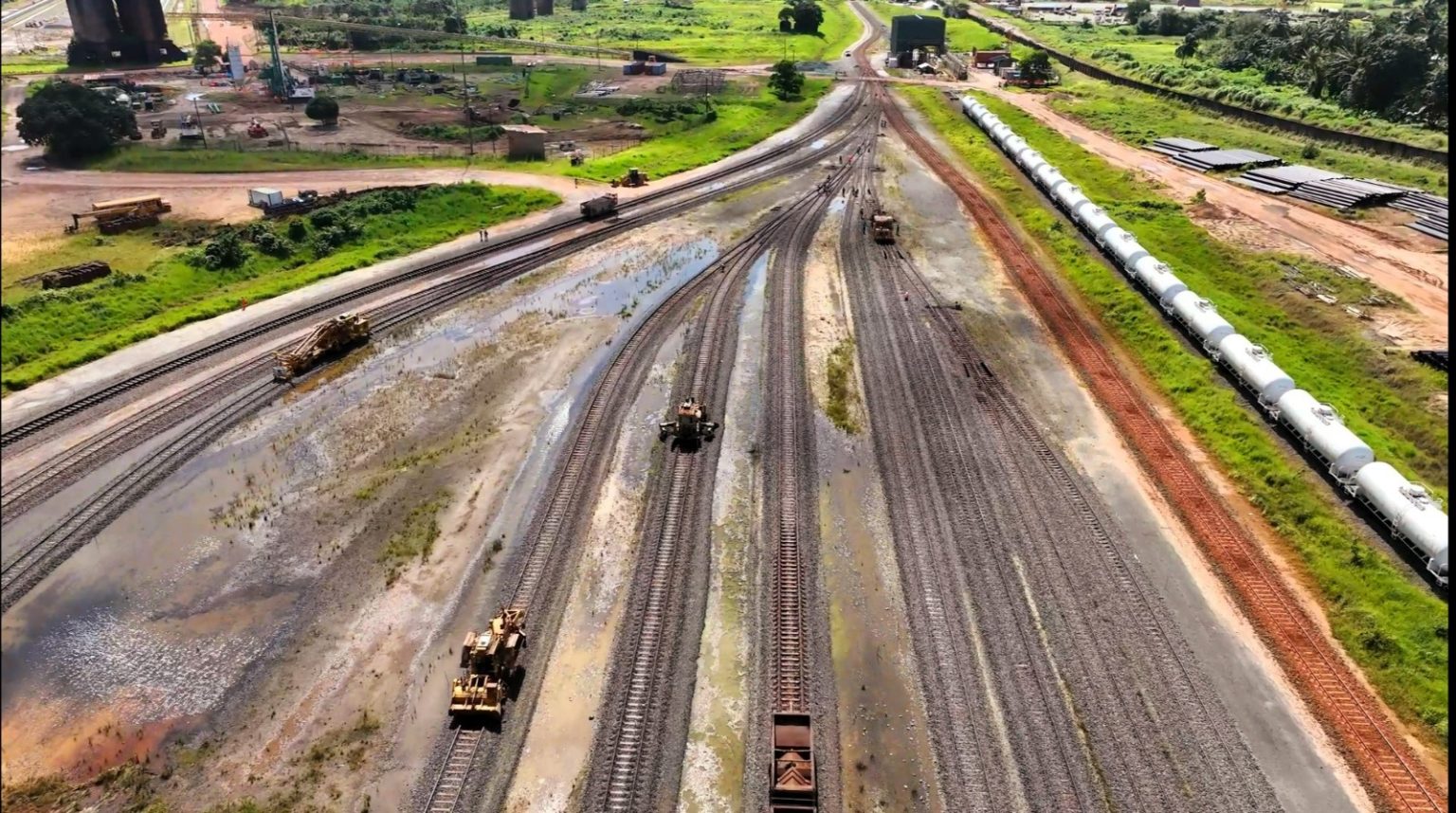The collaborative framework established between the Government of Liberia (GoL) and ArcelorMittal Liberia (AML) regarding the management of Liberia’s rail infrastructure has been lauded as a pragmatic and balanced approach to fostering economic growth in the country’s mining sector. Central to this framework are the Rail System Operating Principles (RSOP), a product of extensive consultations aimed at ensuring fair access and safeguarding investor security while optimizing the utilization of this crucial national asset. The RSOP represents a “win-win” model, balancing the interests of the state, investors, and potential users of the rail system, a crucial component of Liberia’s mining operations.
The RSOP addresses a key challenge faced by resource-rich nations: how to balance state sovereignty over strategic assets with the need to attract and protect significant foreign investment. Liberia’s solution, enshrined in the RSOP, allows for multi-user access to the rail system while recognizing the substantial investment and operational expertise of AML, the original developer. This approach acknowledges the integrated nature of AML’s “pit-to-port” operations, a globally recognized standard in iron ore production. Disrupting this integrated model, experts argue, could jeopardize investor confidence and potentially hinder economic growth. The RSOP therefore serves as a carefully crafted compromise that seeks to leverage existing infrastructure for the benefit of multiple stakeholders without undermining the viability of the initial investment.
The RSOP’s strength lies in its balanced approach to governance and operational management. It empowers the GoL to regulate access and monitor performance through a forthcoming National Rail Authority, ensuring state oversight and control. Simultaneously, it recognizes AML’s continued role as the “User Operator,” responsible for running the railway on a cost-recovery basis, not for profit. This model is designed to ensure efficient and cost-effective operations for all users, maintaining high safety standards while minimizing operational expenses. The establishment of a Joint Management Committee, comprising representatives from the government and all users, ensures collaborative decision-making regarding key rail operations, further promoting transparency and shared responsibility.
The RSOP framework also incorporates essential safeguards to protect Liberia’s national interests. It grants the government the authority to remove AML as the operator if performance standards are not met, further reinforcing the government’s ultimate control over the rail system. In addition, the GoL retains the power to approve operating procedures, conduct audits, and ensure the implementation of stringent safety protocols. This layered approach to oversight ensures accountability and protects against potential abuse while fostering a stable and predictable operating environment for all stakeholders. The RSOP, by design, avoids the pitfalls of fragmented management and potential conflicts of interest, ensuring a cohesive and efficient rail system that benefits all users.
Beyond its immediate application to the iron ore sector, the RSOP is envisioned as a blueprint for future infrastructure development in Liberia. It sets a precedent for managing strategically important assets, balancing public and private interests, and promoting sustainable economic growth. Experts believe that the principles embedded in the RSOP can be adapted and applied to other sectors, such as energy, transportation, and agribusiness, providing a consistent and transparent framework for future public-private partnerships. This broader application of the RSOP principles has the potential to transform Liberia’s infrastructure landscape, attracting further investment and driving economic diversification.
The successful implementation of the RSOP hinges on continued dialogue and collaboration between the GoL, AML, and other stakeholders. The establishment of the National Rail Authority, a key component of the framework, will play a crucial role in overseeing the implementation and enforcement of the RSOP principles. As Liberia moves forward, the focus must remain on building upon the existing framework, ensuring its adaptability to future needs, and fostering a collaborative environment that promotes sustainable and inclusive economic development. The RSOP is not simply a solution to a specific challenge; it represents a strategic vision for managing Liberia’s vital infrastructure, attracting investment, and maximizing the benefits for all stakeholders.


